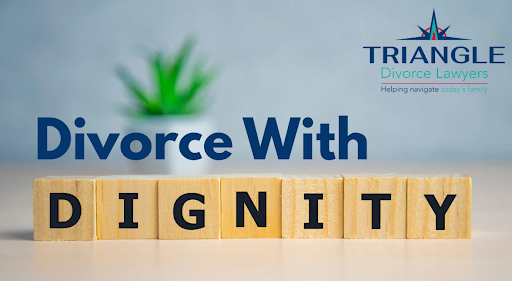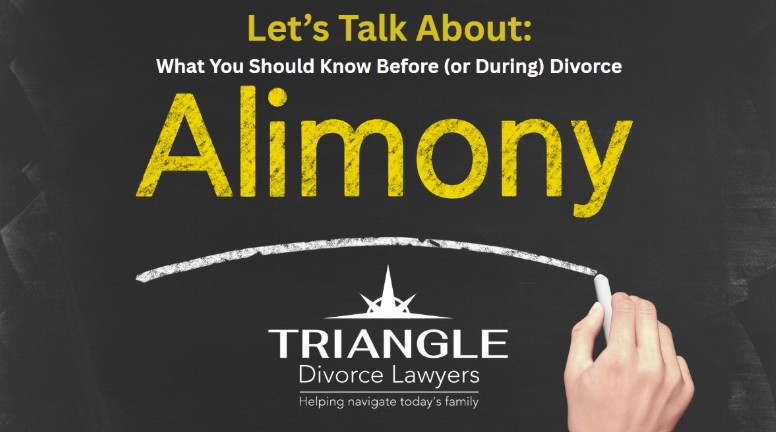An estate plan, whether for single or married person, typically consists of a Durable General Power of Attorney, a Healthcare Power of Attorney, and a Last Will and Testament. Here’s how these pieces work together and why you need all three.
A Durable General Power of Attorney allows a person you designate (called your “Agent”) to manage your financial affairs for you. Generally, a Durable General Power of Attorney is effective the moment you sign it and remains valid until you revoke it, revise it, or pass away. Once a person passes away, their Agent under a Durable General Power of Attorney no longer has any authority over the deceased person’s property or finances.
A Healthcare Power of Attorney names an Agent to make health care decisions if the person making the power of attorney is unable to make such important decisions due to some manner of incapacity. A Health Care Power of Attorney is effective when it is signed, but the Agent under the power of attorney cannot make decisions unless the person who signed it (the Principal) is unable to do so for themself. The power of an Agent under a Healthcare Power of Attorney ceases at the death of the Principal, with a few exceptions.
A Last Will and Testament (“Will”) is the method in which person can designate who receives their property upon death. The Will names the people who will receive property and who will manage the estate (known as the executor).
People with high net worth, families with children with special needs, and blended or non-traditional families may require more complicated estate planning including trusts and other methods of distribution. Talk with your Estate Planning Attorney to determine what type of estate plan is right for you.




